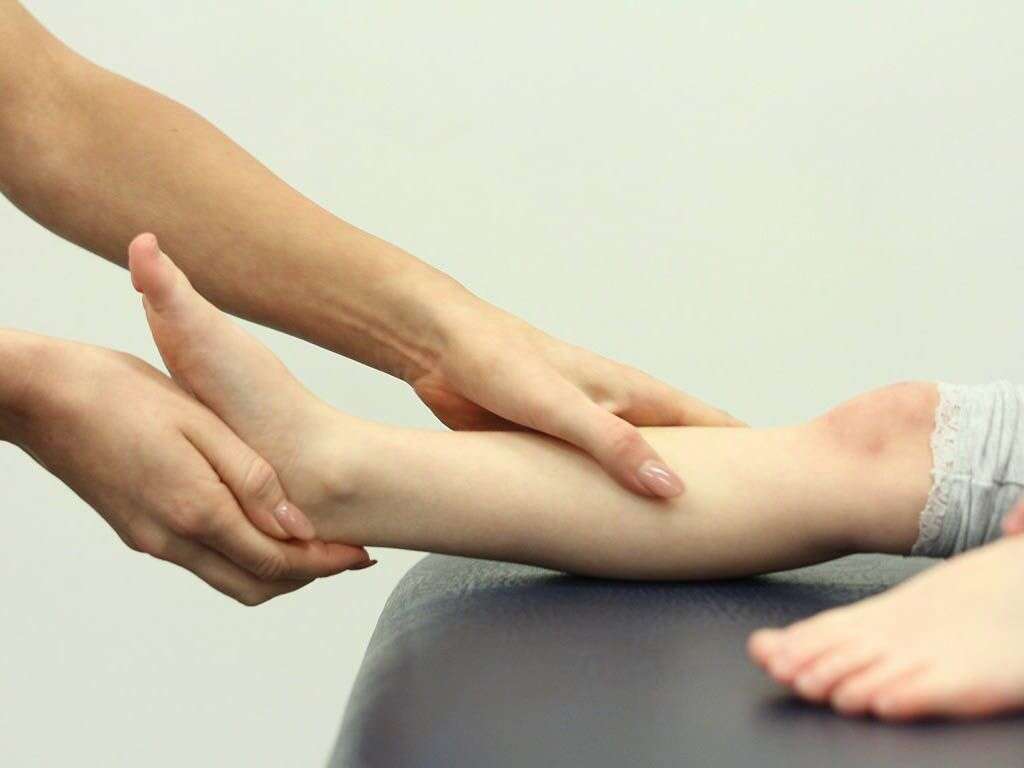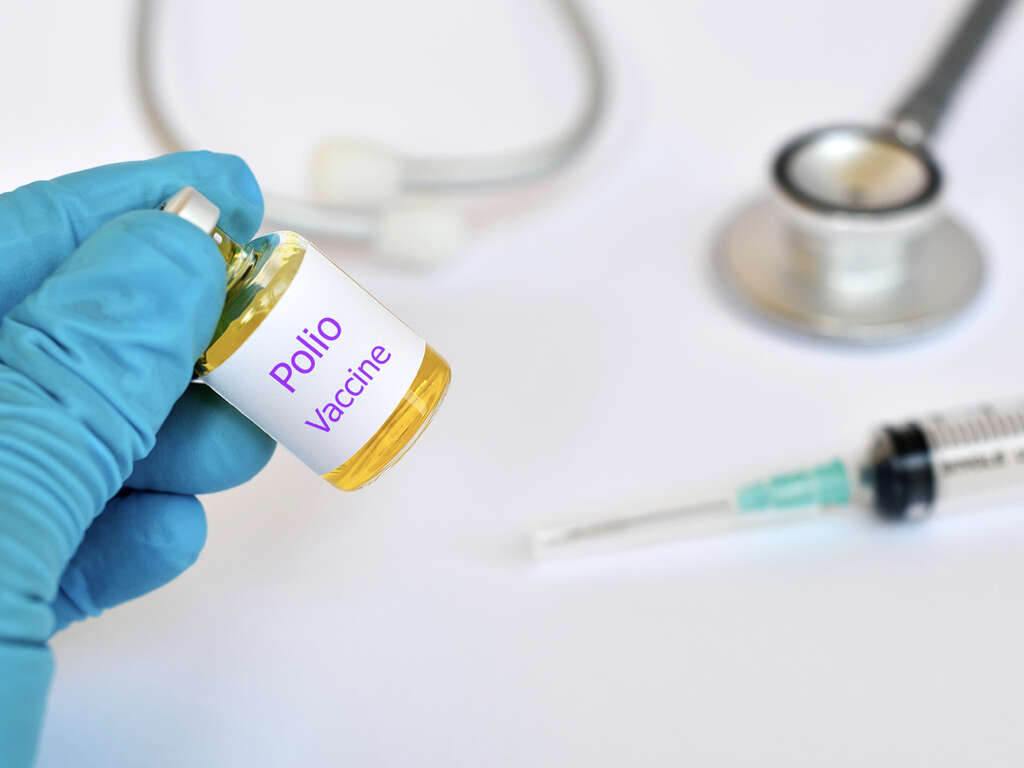What Is McArdle Disease?
Some people are naturally fitter than others are. Some people may find that they cannot keep up with others no matter how hard they try, simply because of the way they were born. This is often down to simply being stronger physiologically, while it can also sometimes be down to certain medical conditions.
One example of a medical condition that can impede somebody’s physical abilities is McArdle disease. It is a disease that makes it very difficult for people to exercise, no matter how hard they might try. It is not usually a dangerous condition, but it can still have an impact on the patient’s life.

1. Glucose
Glucose is a type of sugar that is commonly found in many of the foods we eat. It is produced naturally in a range of foods, and it is one of our most important sources of energy. There are also other types of naturally occurring sugars, such as fructose, which is found in many fruits and berries.
When we eat, there is typically a surge in glucose in the body, depending on what we have eaten. The body will automatically try and reduce the levels of glucose flowing through our blood. When it does this, it will store much of the glucose as a different compound known as glycogen.

2. Glycogen
Our cell muscles, and other bodily cells, need glucose for energy to help make them work. They will need to be able to work for long after we have ingested glucose, and when there is no longer any glucose left to use. When the glucose runs out, our body will need to turn to what it has stored.
Glycogen is how our bodies store excess glucose in our bodies. When we have run out of glucose, we will then turn to our glycogen stores as an energy source instead. The glycogen is then turned back into glucose so it can then be used by our cells as an energy source.
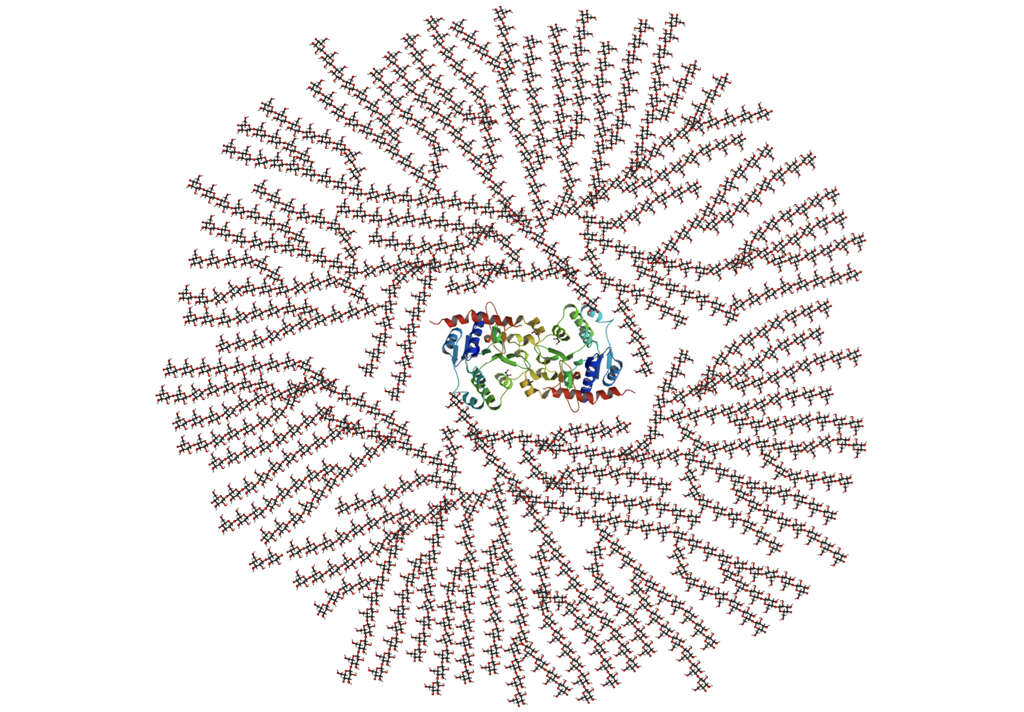
3. Mcardle Disease
Mcardle disease is a type of rare muscle disorder that is in a group of diseases known as glycogen storage diseases. The condition means that the patient’s muscles are unable to convert glycogen back into glucose, and this means that their muscles are unable to get energy from glucose.
The condition is down to the lack of a certain enzyme that is necessary for the chemical processes involved. It gets difficult for the patient to exercise, and they can get tired far more easily than usual. In most cases, the symptoms of the condition will begin to appear by the time the patient is 15 years old.
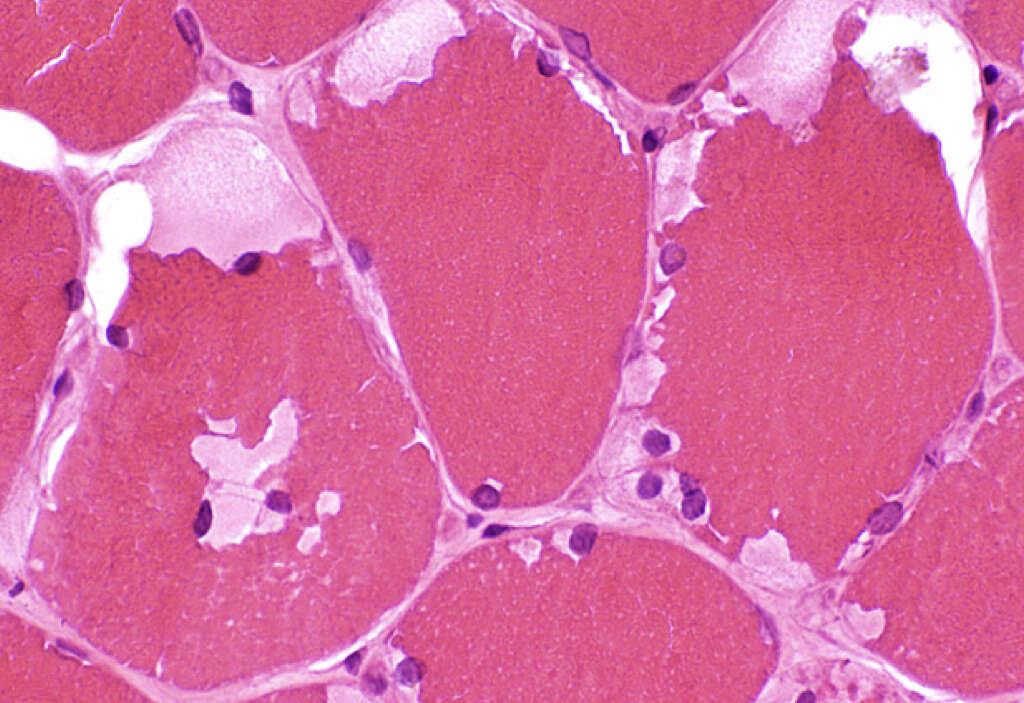
4. Causes
The missing enzyme that causes Mcardle disease is muscle glycogen phosphorylase. The reason for the absence of the enzyme is a flaw in the gene responsible for producing the enzyme. It is a congenital condition, meaning the patient will be born with it and it cannot be acquired later in life.
In order for somebody to have Mcardle disease, they must have inherited a copy of the gene from both parents. Those that receive a copy of the faulty gene from only one parent are unlikely to develop the condition. This is one of the reasons why the condition is as rare as it is.

5. Myoglobinuria
In most cases, the symptoms will have appeared during the patient’s childhood. However, the condition is often not diagnosed until the patient is in their late 20s because it is often not easy to spot that there is a genuine problem. One symptom that can alert people to the fact that there is a real problem is myoglobinuria.
Myoglobinuria is a condition that causes the patient’s urine to take on a burgundy color. It happens when there is more than usual myoglobin in the patient’s blood. Myoglobin is a compound that allows cells to store oxygen, and having high levels of it in the blood is a byproduct of the breakdown of muscle tissue.
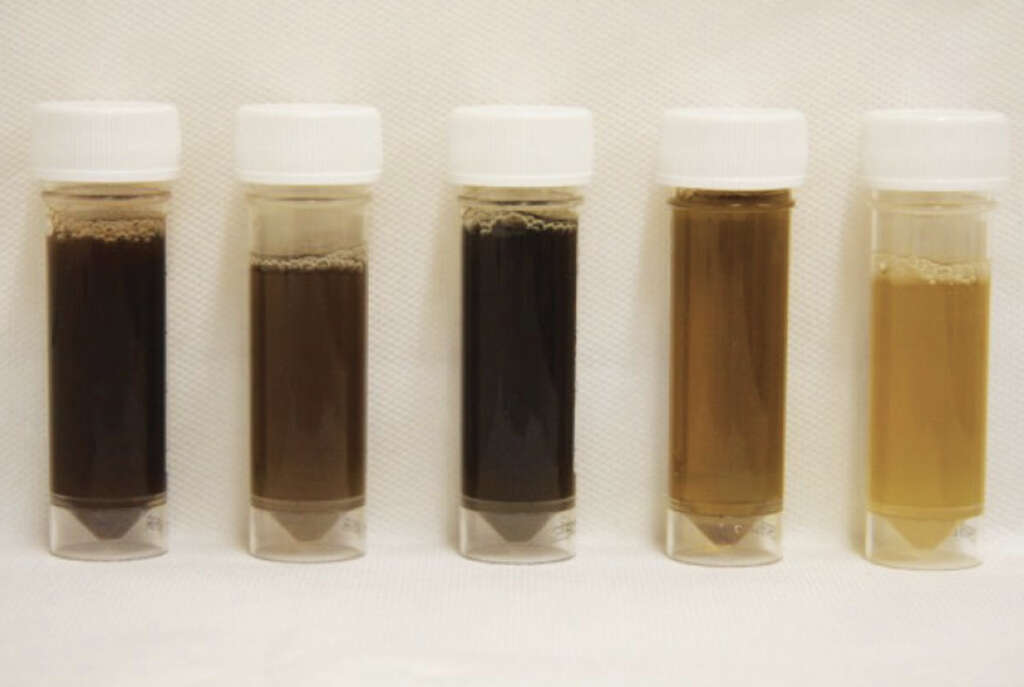
6. Muscle Cramps
Muscle cramps are a phenomenon where a muscle involuntarily contracts. It can be a very painful condition and the patient will often have little to no control over it. It is common in sports people who are not in optimal shape, while less active people can also experience it. It is also a symptom of McArdle disease.
Another potential symptom of McArdle disease is stiffness of the muscles. Patients with the syndrome are also likely to find that their muscles are weaker than they otherwise would be. These symptoms alone might not make the patient suspect they have a medical problem, depending on how severe their symptoms are.

7. Fatigue
It is quite normal to feel fatigued, especially after a long day. Get some food and some rest, however, and you will soon be feeling refreshed. This is not always the case for people with McArdle disease, however, with many patients feeling tired throughout the day regardless of how active they have been.
The condition will also cause people to have poor stamina overall and will quickly get tired after exercising. Some people will experience second-wind phenomena, however, which means that their stamina returns after exercising for around 10 minutes. The phenomenon is not well understood, but it is thought it might be related to endorphin production.

8. Complications
McArdle disease is not usually a dangerous condition, even if it can have a considerable negative impact on the patient’s life. The condition can usually be managed to help limit the severity of the symptoms, and also to help prevent serious complications arising.
Complications will occur in some cases, however, once being rhabdomyolysis. Rhabdomyolysis is a condition where the patient’s skeletal muscle is being broken down too quickly for the byproducts to be processed. It can put a lot of strain on the patient’s kidneys, and it will cause kidney failure in some cases. Patients are advised to manage exercise carefully to help prevent rhabdomyolysis from occurring.
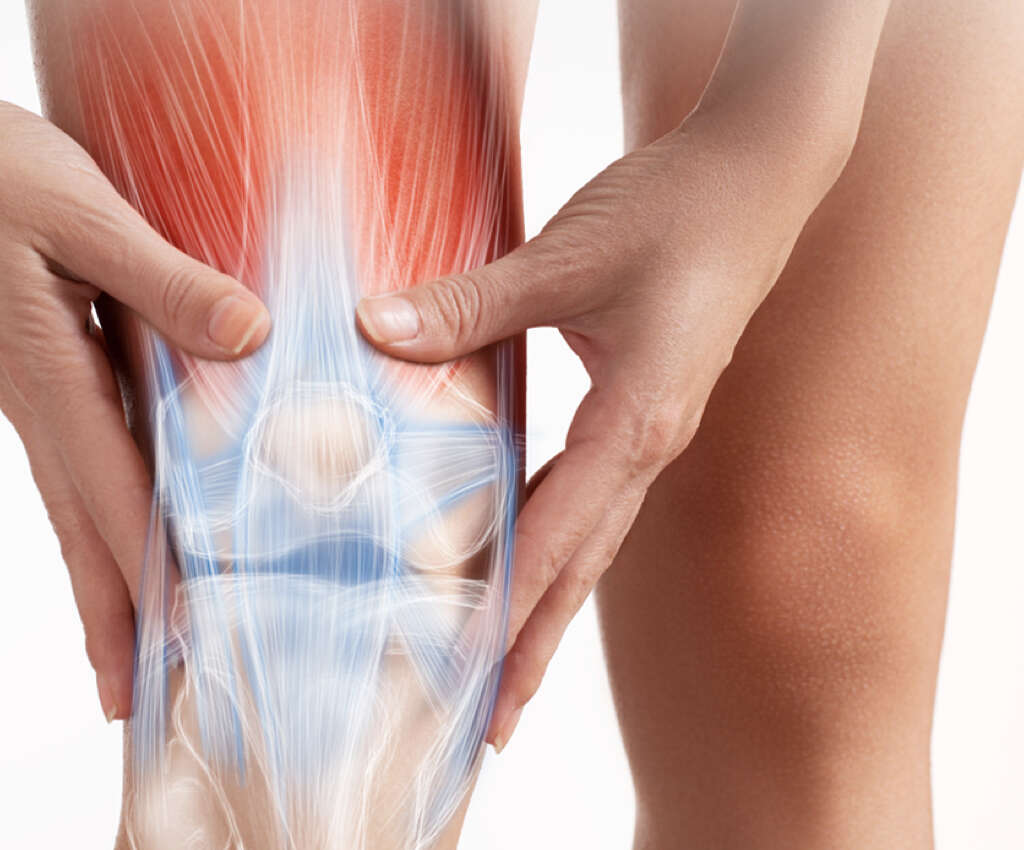
9. Diagnosis
Initial diagnosis will involve the doctor asking about your lifestyle, your symptoms, and your medical history. If McArdle disease, or similar, is suspected, then you will be referred to a specialist. A specialist can request tests that will help to confirm the conditions.
Tests include an electromyography, which will measure the electrical activity in the patient’s muscles. An MRI may be performed, and a sample of the patient’s muscle tissue. Other tests for the condition include looking for myoglobin in urine, looking for lactic acid in blood, and genetic testing. A serum creatine kinase test may also be performed, and experts may also look for plasma ammonia.

10. Treatment
There is no direct treatment for McArdle disease yet. However, it is possible to manage the condition to limit the impact it will have on the patient’s life. This largely involves being aware of the condition and living your life accordingly. One of the most important things is to not overdo when exercising.
It is advised to warm up gently before exercise, and eating some sugar before your work out can help to prevent symptoms. Getting plenty of protein in your diet can also be very beneficial. McArdle disease can also result in an unwelcome reaction from anesthetics, so it is important to let a doctor know before they are administered.





